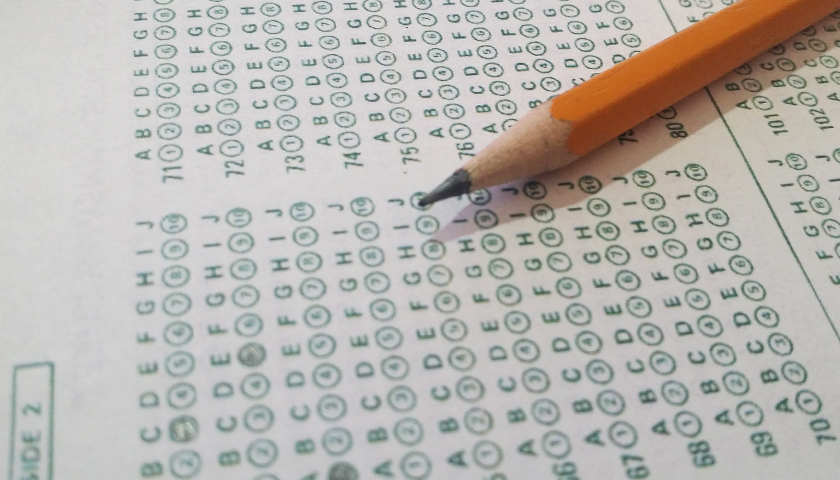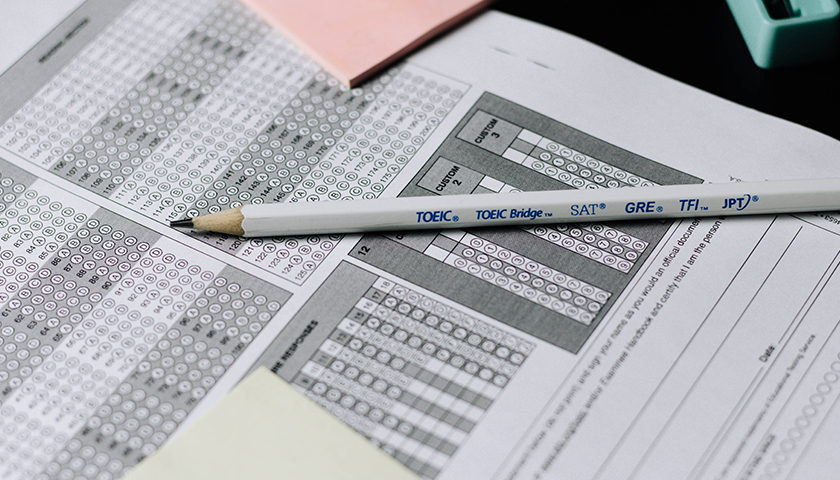In case you missed it, on Monday MIT announced that they would be reinstating their SAT/ACT requirement for future admissions cycles. Like many universities, MIT had ditched the tests during the pandemic.
Even prior to the pandemic, however, there had been a widespread push to abandon these tests to enhance diversity.
“Data shows tests like the SAT are biased against students from low-income households. Poorer students tend to perform worse on the test,” CNN reported in 2015. “Blacks and Hispanics also consistently score lower on the SAT than whites.” (CNN conveniently left out that Asian Americans score much higher than whites, presumably because it didn’t fit the narrative.)
Read More



